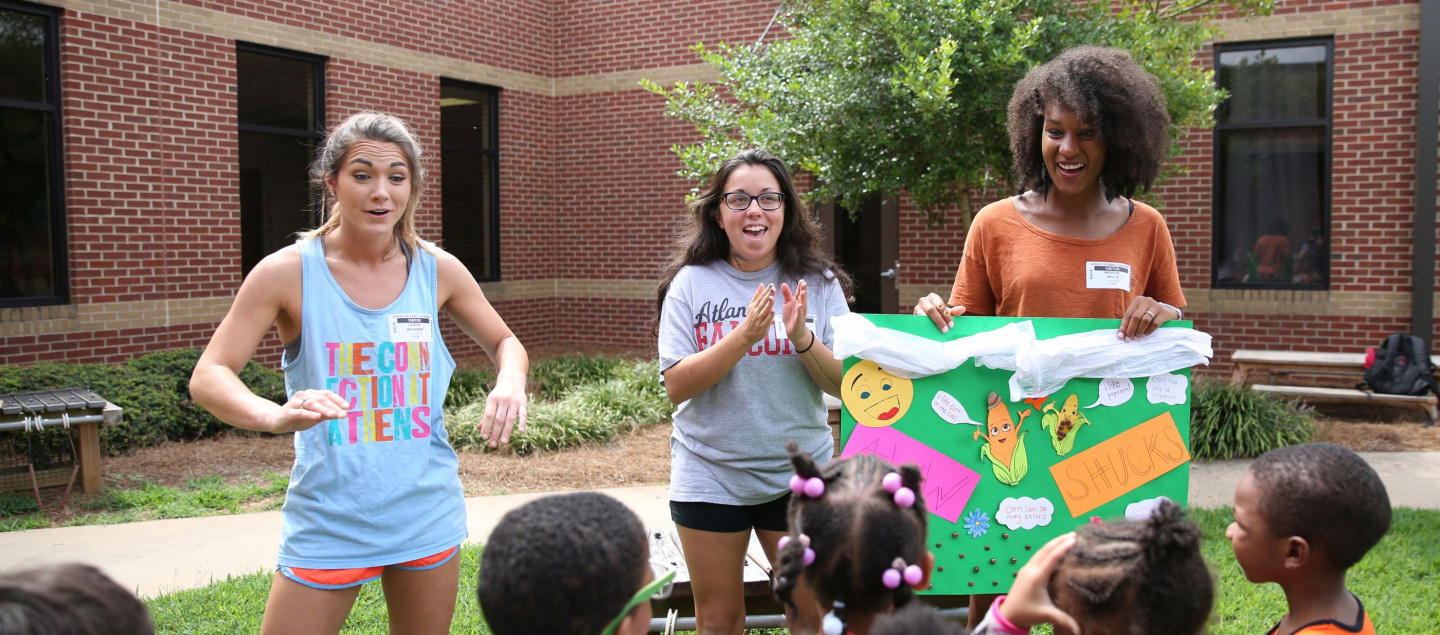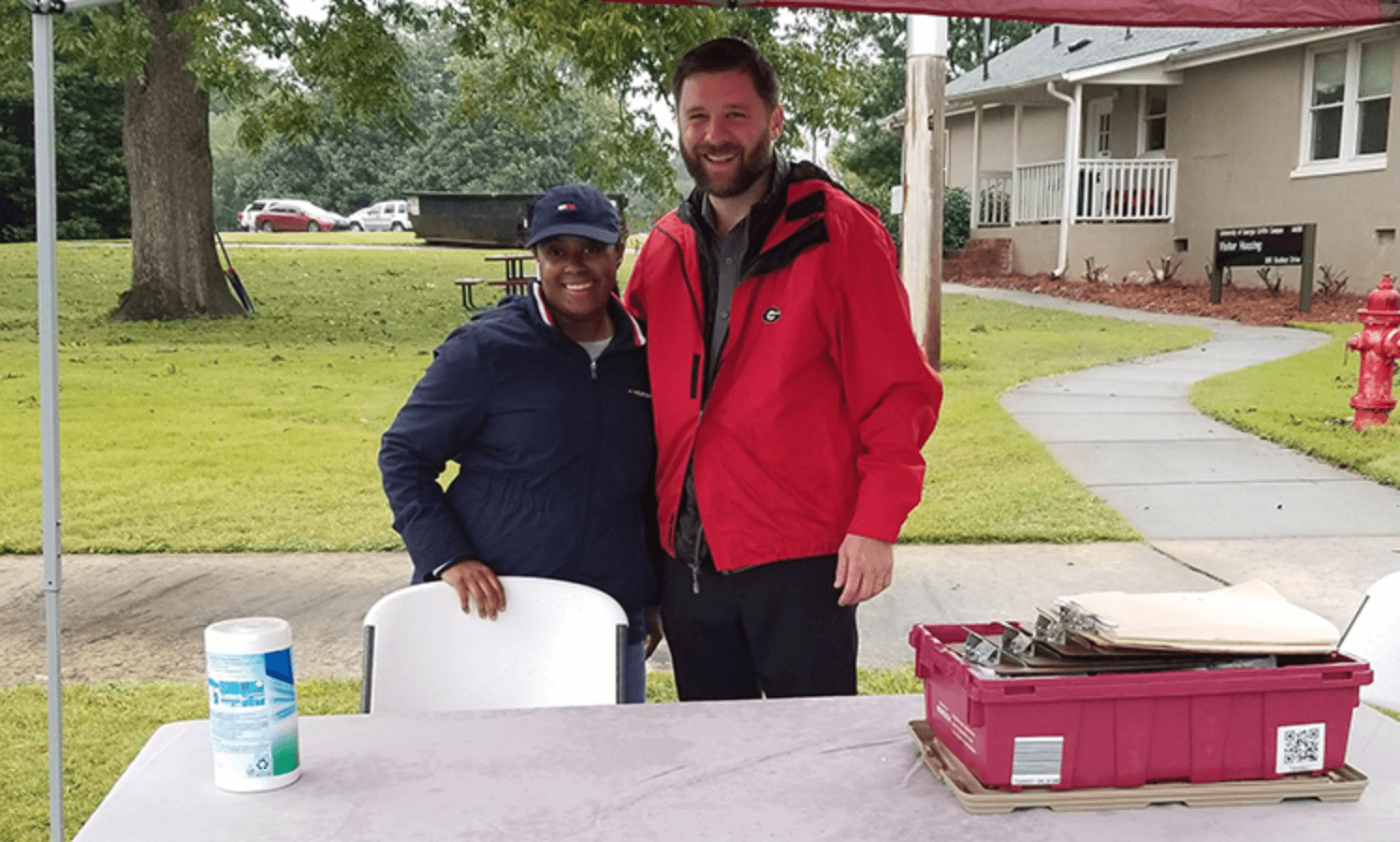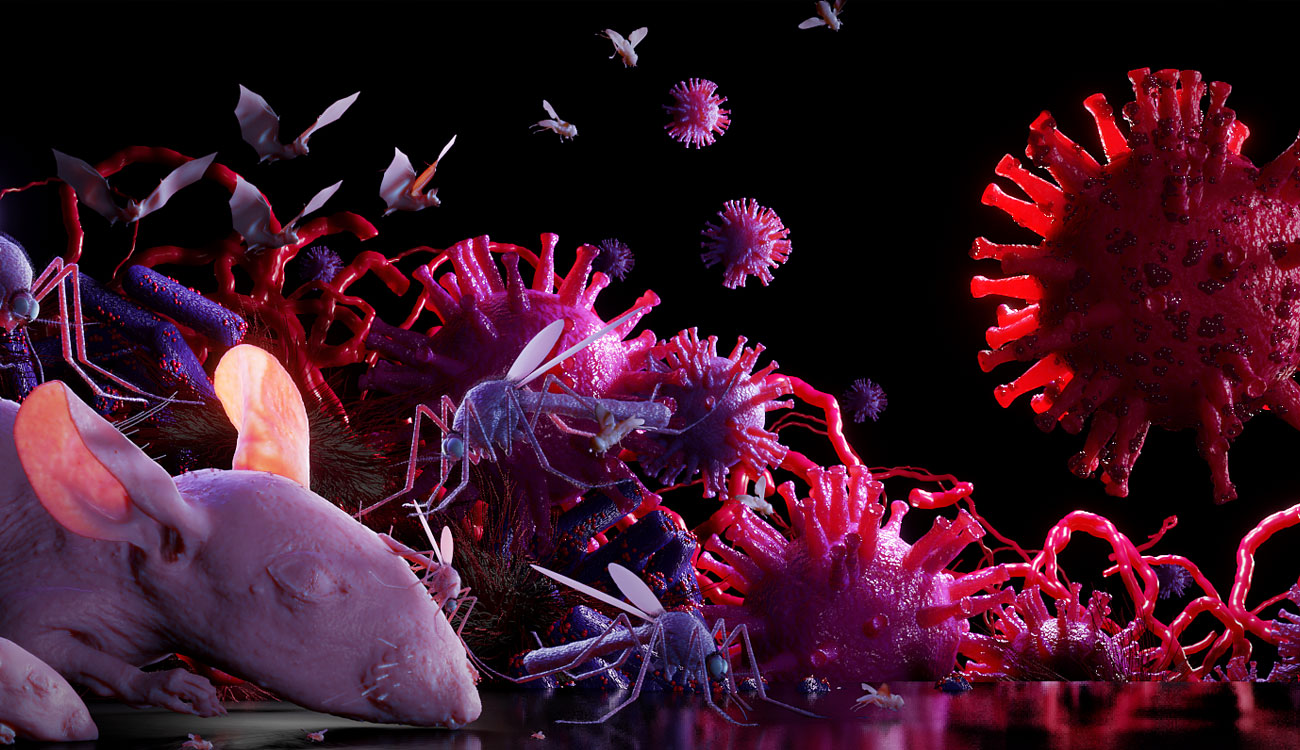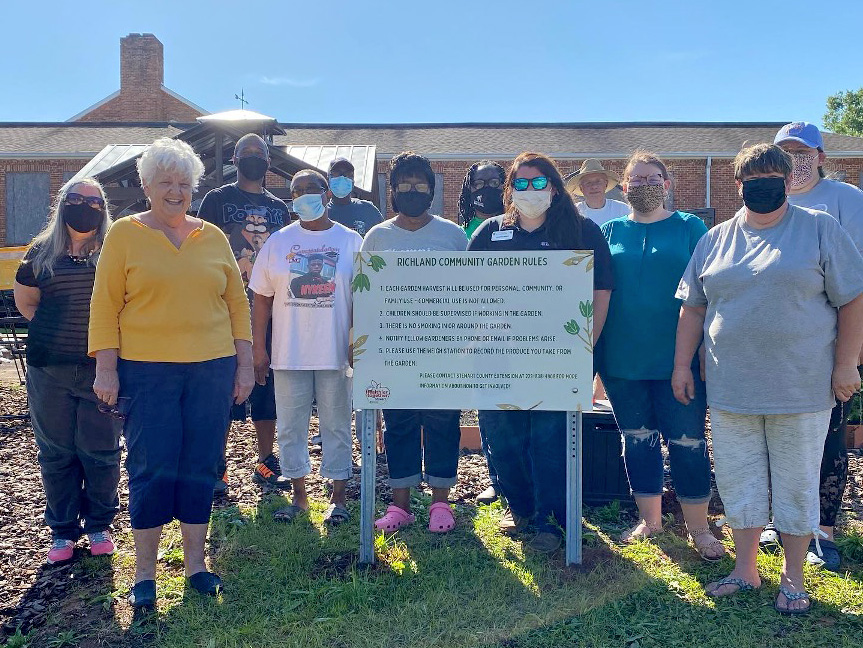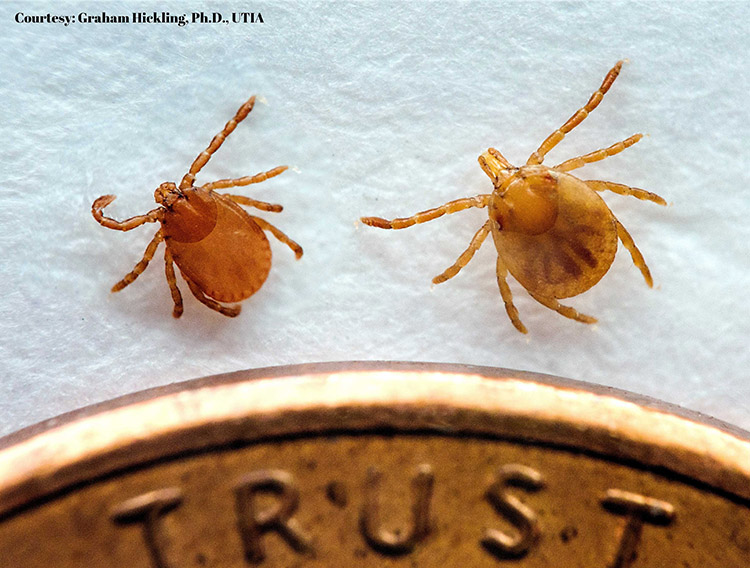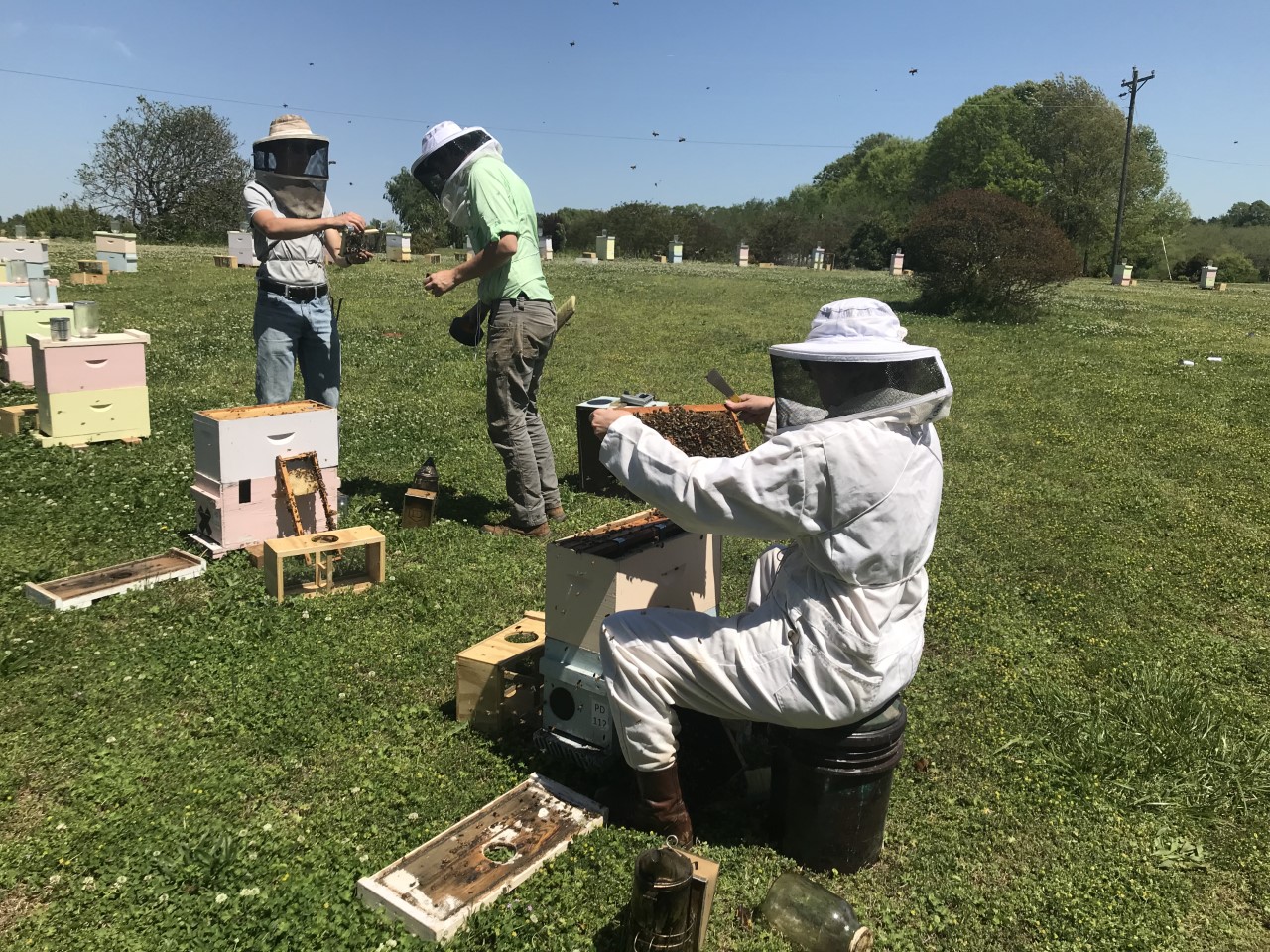 CAES News
CAES News
Honey Bee Vaccine
Vaccines are a proven benefit in the world of animal science. Producers have vaccinated livestock and pet owners have vaccinated dogs and cats for decades. Soon beekeepers may be able to protect their colonies through vaccination. The University of Georgia College of Agricultural and Environmental Sciences and Dalan Animal Health have teamed up to advance the world’s first honey bee vaccine.

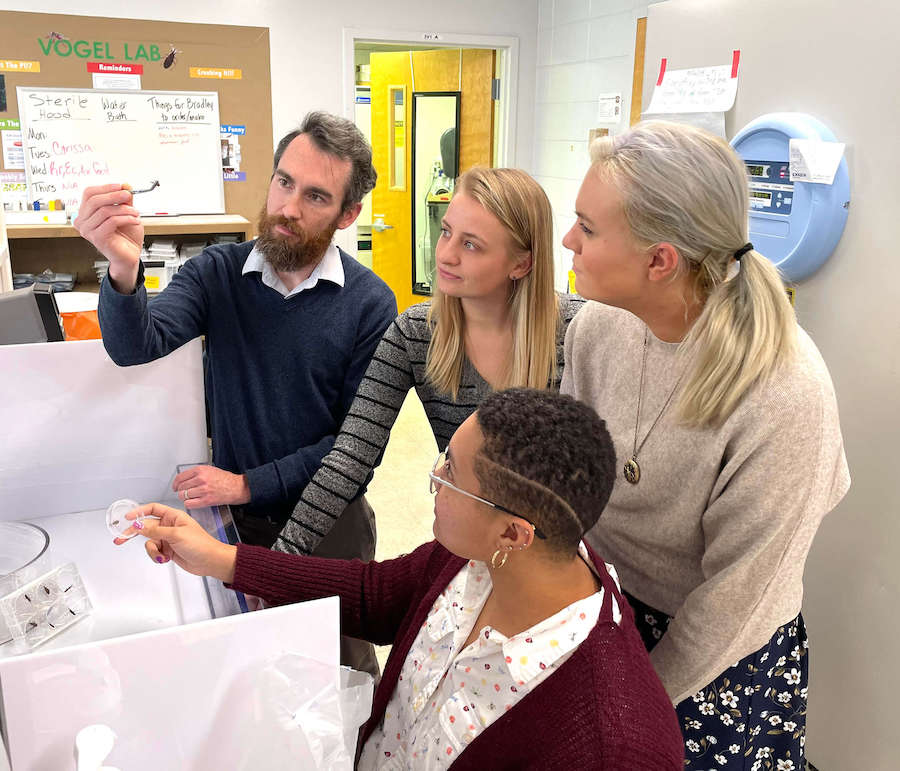
.png)
.jpg)
